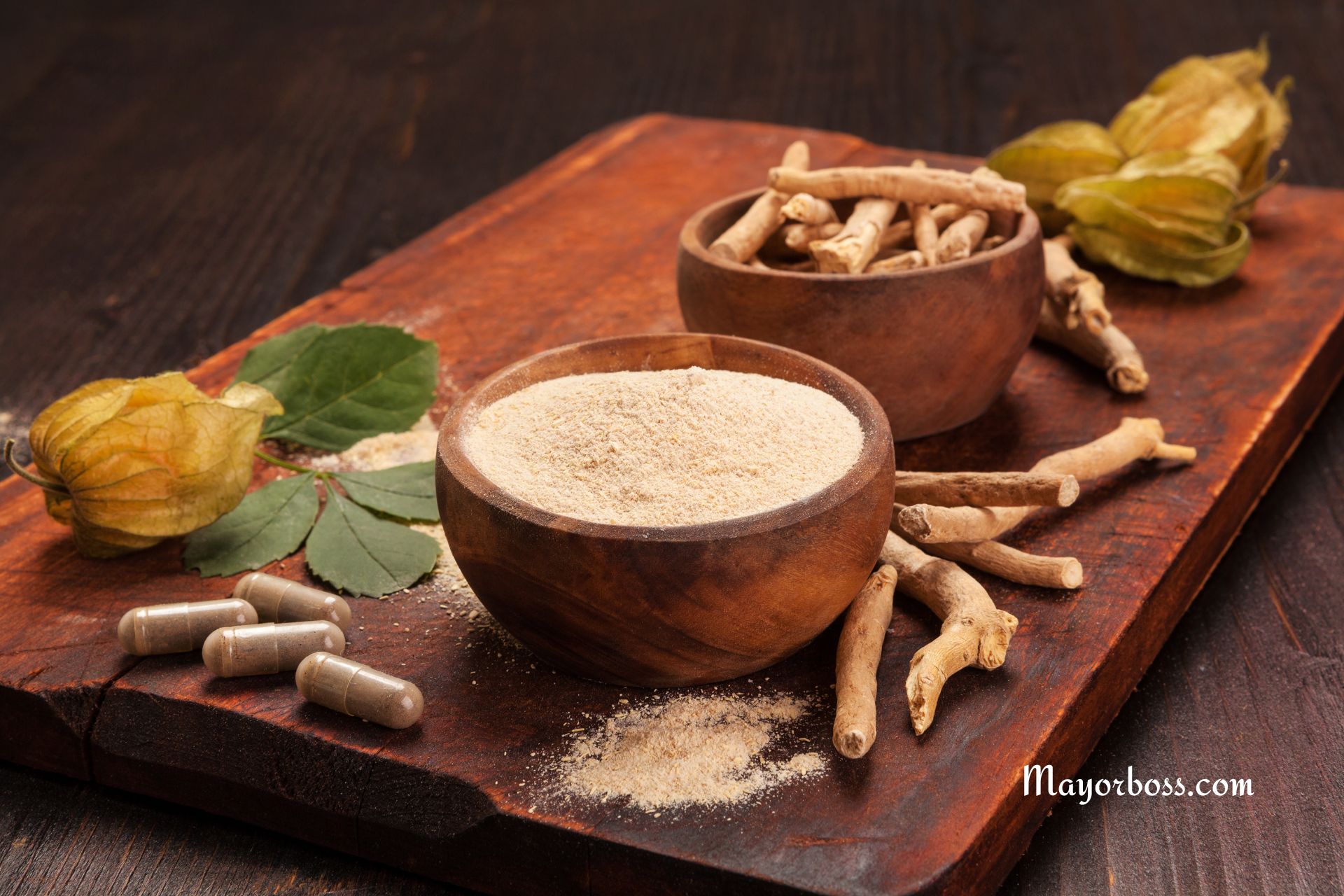6 Benefits of Fenugreek
If you’re curious about the world of herbs and spices, you may have come across fenugreek. This herb, known for its aromatic seeds and leaves, offers more than just flavor to your dishes.
The benefits of fenugreek are numerous and include its potential to help support healthy digestion, blood sugar levels, heart health, and even skincare.
In fact, for centuries, or perhaps even millennia, individuals have been incorporating Fenugreek into their lives in various ways.
What are the Nutrition Facts of Fenugreek Seeds?
Fenugreek is a rich source of many nutrients.
Here are the nutrition facts for one tablespoon (approximately 11 grams) of whole fenugreek seeds:
- Calories: 35
- Protein: 2.5 grams
- Fat: 0.7 grams
- Carbohydrates: 6.4 grams
- Fiber: 2.7 grams
- Iron: 20% of the Daily Value (DV)
- Manganese: 7% of the DV
- Magnesium: 5% of the DV
Beyond these, fenugreek also contains phytonutrients such as choline, inositol, saponins, and antioxidants.
Moreover, it’s an excellent source of dietary fiber.
It’s this rich nutritional profile that contributes to the various health benefits of fenugreek.
The Benefits of Fenugreek
1. Supports Digestive Health
Among the many benefits of fenugreek, its impact on digestive health is quite significant.
Consuming fenugreek can help to soothe the gastrointestinal tract and alleviate various digestive problems.
Based on current scientific research, the fiber in fenugreek aids digestion and helps to prevent constipation.
Therefore, incorporating fenugreek into your diet could support a healthier, more comfortable digestive process.
2. Controls Blood Sugar Levels
Another notable benefit of fenugreek lies in its ability to control blood sugar levels. This makes it particularly beneficial for individuals with diabetes.
Several studies suggest that fenugreek seeds can help reduce blood glucose levels.
They slow down the digestion and absorption of sugars in the stomach, which leads to slower and more controlled glucose release in the bloodstream.
In addition, fenugreek contains antidiabetic agents like diosgenin and 4-hydroxyisoleucine that may help to reduce insulin resistance and improve the body’s response to insulin.
3. Promotes Heart Health
In addition to aiding digestion and managing blood sugar, the benefits of fenugreek may even extend to your heart as well.
Fenugreek seeds are rich in galactomannan, a type of soluble fiber that supports heart health.
Specifically, this fiber can help to reduce bad LDL cholesterol levels, thereby decreasing the risk of heart disease.
Moreover, the potassium in fenugreek helps to balance sodium levels, which aids in maintaining healthy blood pressure.
4. Aids in Lactation
For new mothers, one of the benefits of fenugreek might be particularly intriguing.
Fenugreek is often touted as a natural remedy to increase milk supply during breastfeeding.
As per research, this herb can stimulate milk production in breastfeeding mothers, making it a popular choice for those who might be struggling with supply issues.
5. It May Improve Skin Health
Fenugreek isn’t just beneficial when consumed. It can also enhance skin health when used topically.
Fenugreek seeds contain anti-inflammatory and antibacterial properties that can help soothe irritated skin and treat conditions like acne.
Moreover, fenugreek’s natural oils can hydrate the skin, leaving it soft, radiant, and healthy-looking.
6. Supports Hair Health
The benefits of fenugreek also reach your hair.
When applied as a paste or mask, fenugreek can offer a multitude of benefits for your locks.
It can promote hair growth, fight dandruff, and provide a natural shine to your hair.
The Takeaway
The benefits of fenugreek are vast and varied, ranging from aiding digestion and controlling blood sugar to promoting heart health, aiding lactation, enhancing skin health, and supporting hair health. This makes it a wonderful addition to your diet and skincare routine.
Fenugreek can be used in various forms – as a spice (seeds), herb (dried or fresh leaves), or vegetable form.
It is widely used in Indian, Persian, and Ethiopian cuisines, in dishes like curry, pickles, and bread.
Fenugreek seeds can also be soaked in water overnight and consumed in the morning on an empty stomach for health benefits.
While fenugreek is generally safe when consumed in moderation, excessive intake may lead to side effects like diarrhea, stomach upset, bloating, and a “maple syrup” odor in the urine.
It can also interact with certain medications, especially those for diabetes and blood clotting.
Pregnant women should avoid consuming large amounts of fenugreek, as it may stimulate contractions.
Yes, fenugreek can be beneficial for both skin and hair health.
Fenugreek seed paste can be used as a face mask to help fight acne and add a healthy glow to the skin.
Similarly, fenugreek seed oil or paste can be applied to the hair and scalp to promote hair growth, reduce dandruff, and improve hair health.






